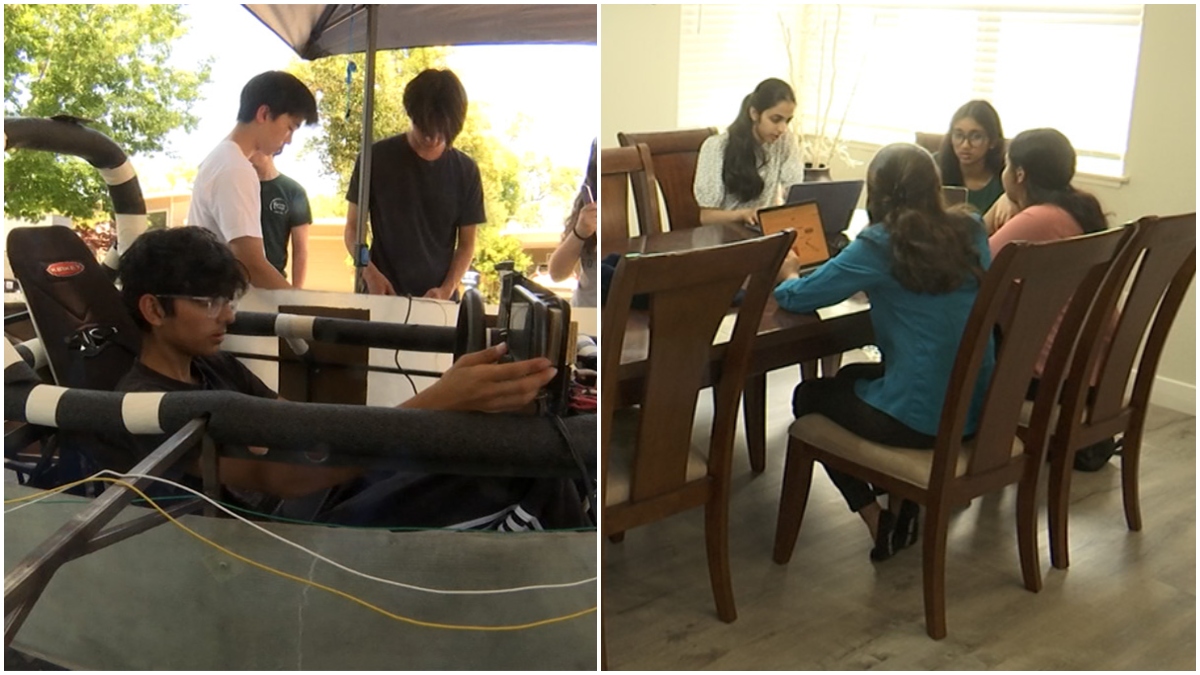Tucked away at the base of the Santa Cruz Mountains, the serene oasis that is Hidden Villa can feel far removed from the bustle of the Bay Area. The 1,600-acre ranch, however, has played a central role in promoting social justice in the Bay Area for 100 years.
In 1924, the Duveneck family purchased the property in Los Altos Hills. Frank and Josephine Duveneck had admired the property for years and snapped it up once it was put up for sale. They were soon using it as a place not just to raise their four children, but as a tool in supporting the issues they believed in.

For example, during World War II they fiercely opposed the internment of Japanese Americans. They offered up Hidden Villa as a place for families to store their belongings while detained and as a place to stay while preparing to re-enter society.
“Josephine Duveneck actually put an ad in the newspaper and invited families who were at the camps to regroup,” Jessica Duval, Hidden Villa’s director of communication and development, said.

The Duvenecks also established a summer camp on the property that was the first integrated residential camp in the country in 1945 to bring children from diverse backgrounds together.
In the 1960s, Hidden Villa served as a haven for Cesar Chavez to wage his campaign to promote the rights of farm workers.

Now, as Hidden Villa celebrates its 100th anniversary, it operates as a nonprofit offering summer camps and educational programs for children. Programs focus on environmental education, agriculture, and livestock, alongside miles of hiking trails and California’s earliest organic farm.
Get a weekly recap of the latest San Francisco Bay Area housing news. Sign up for NBC Bay Area’s Housing Deconstructed newsletter.
The Duvenecks' mission of social change is now entering a second century in the same place it started.



